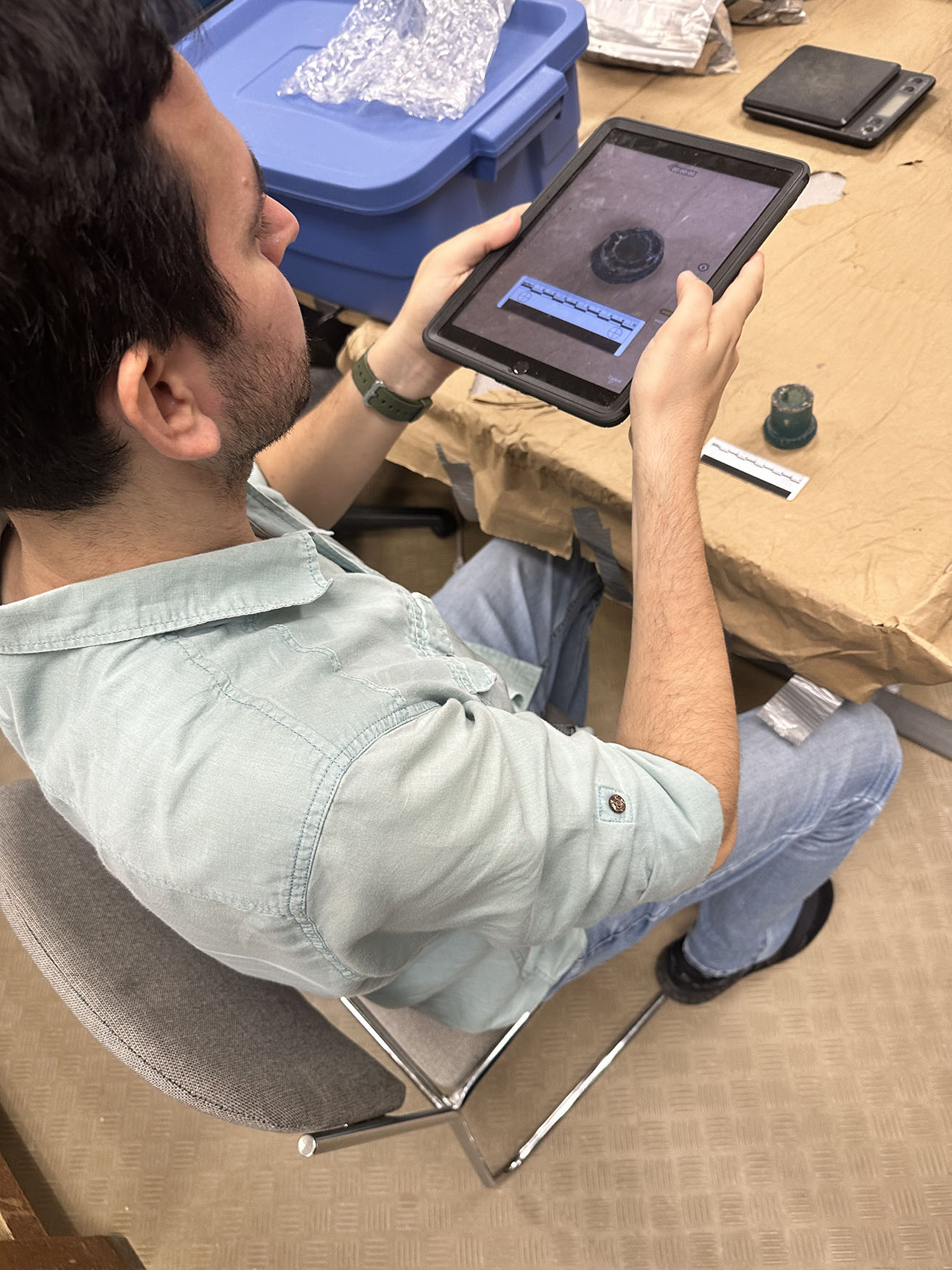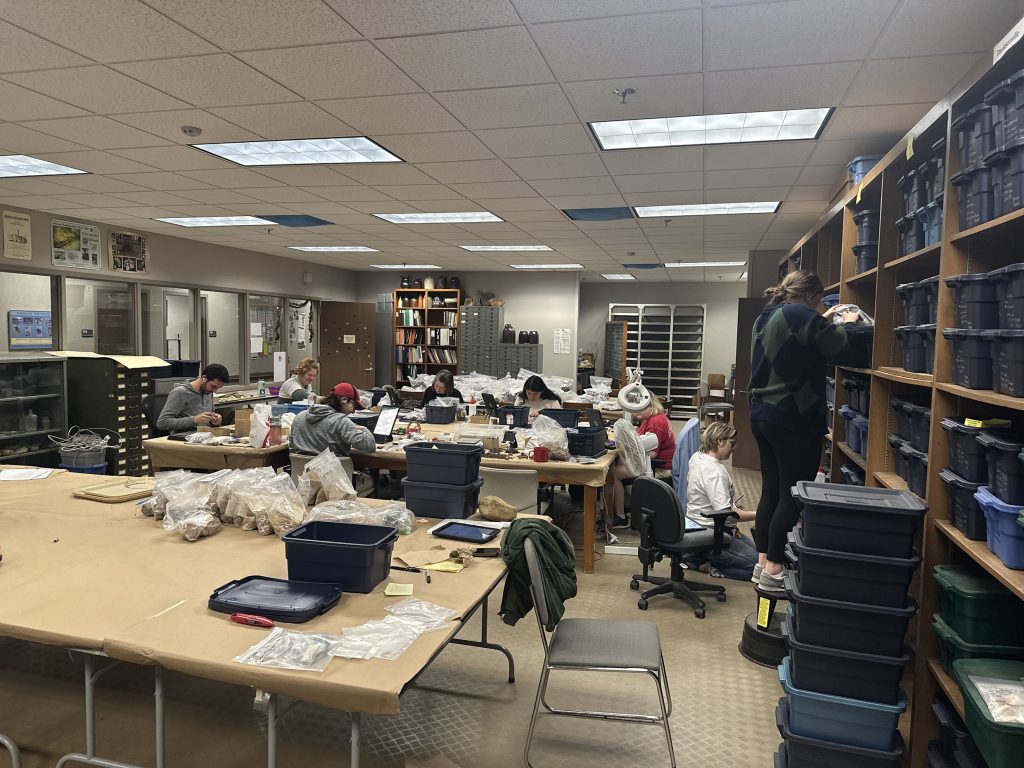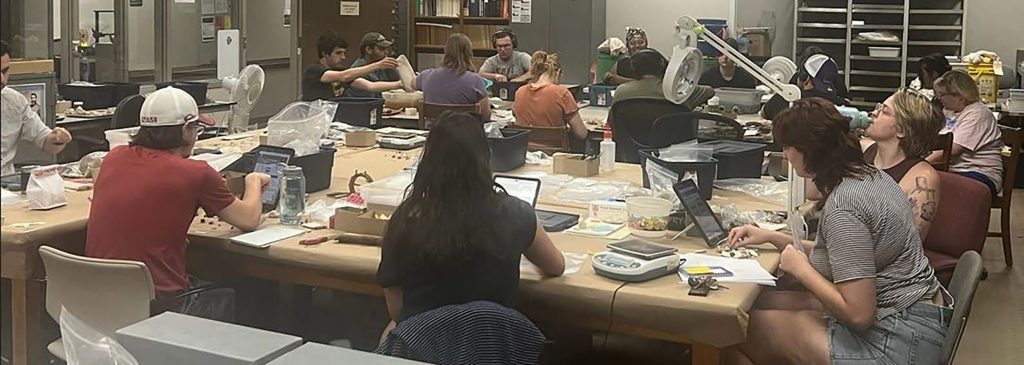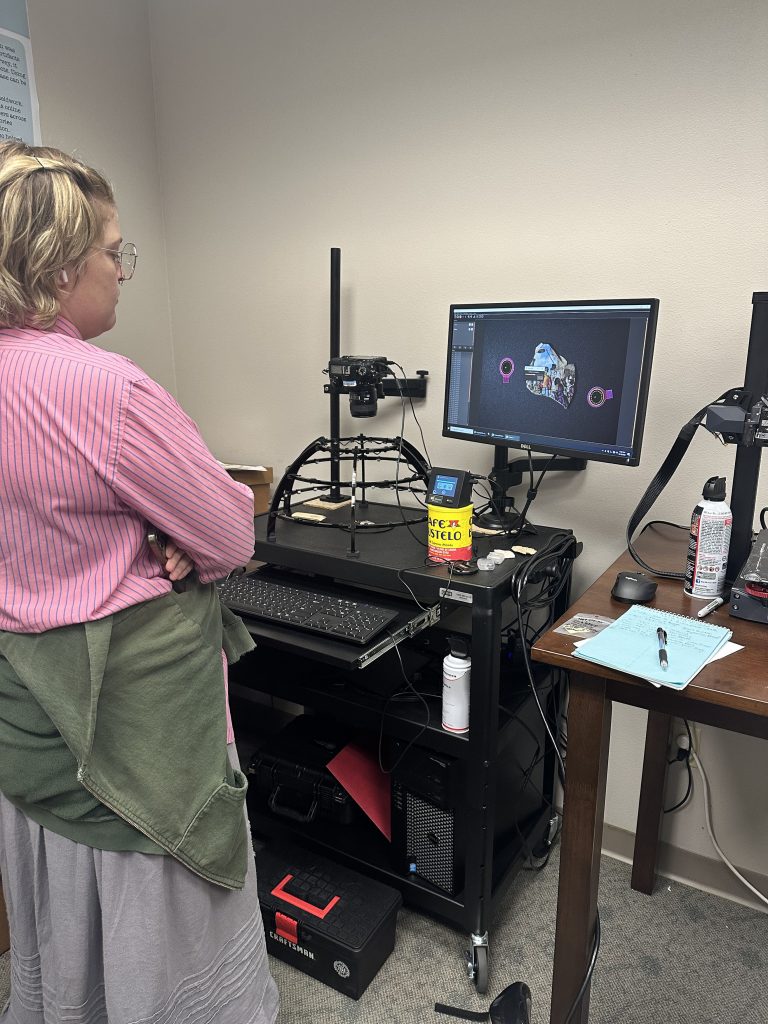Fieldwork





Location: Fayetteville, AR, USA
Session Dates: June 16–July 19, 2024
Application Deadline: April 1, 2024
Deadline Type: Rolling
Website: https://ifrglobal.org/program/us-ar-curation-literacy/
Program Type:
Field School
RPA Certified:
No
Affiliation:
Institute for Field Research (IFR), and University of Arkansas System Arkansas Archaeological Survey
Project Director:
Dr. Michelle Rathgaber and Sarah Shepard
Project Description:
This project is part of a multi-year effort being undertaken by the Arkansas Archeological Survey (ARAS) to record and properly curate (based on the most up-to-date best-practices for artifact and document curation) all of the artifacts and associated paperwork in our collection facilities across the state. The ARAS intends to compile all records into a central database/s to make artifact curation and research more accessible to researchers both within and outside of the ARAS. This includes using a variety of technologies to make objects into 3D models for use on the University of Arkansas Virtual Museum, on social media, and on the ARAS website. The collections that the ARAS holds are numerous and the future research potential is enormous if researchers know what could be available to them. Public outreach is also an important part of the ARAS mission and these virtual artifacts are an important and interesting way to engage the public of Arkansas and the world with archeological research.
The initial steps of this project are to physically go through the collections, record what is there, find and scan all paper records associated with the artifacts, and evaluate the research potential for the collection. In this field school, students will be working with a collection of artifacts from a mitigation project done in the early 1990s in SW Arkansas. It contains evidence of Caddo occupation of the site as well as occupations before and after the Caddo. We have been and will be consulting with Caddo Nation representatives throughout the project and students will get to hear from and speak with those representatives about their goals for archeological research and how archeology can both help and harm them depending on how it is carried out. Students will take a field trip to the (now mostly destroyed) site from which the artifacts were excavated as well as to see other Caddo sites in the region and visit the JEC Hodges collection at Henderson State University.
Because the ARAS is still in the initial stages of collections rehabilitation and documentation, students will be getting in on the ground floor of the implementation of a system that is still being tweaked to work for all stakeholders. Students will not only use the database to catalogue the artifacts in the collection, but will use the database to write a short research paper on a topic around the collection on which they will be working and will be able to critique the useability and usefulness of the system. Students will take an old collection from poorly curated and archived, to up-to-date physically and virtually and accessible to researchers around the world. Students will also get the opportunity to learn about the many other collections and project records that are held by the ARAS and we hope that it inspires them to use collections (including ours) in their future research endeavors as graduate students and colleagues.
Period(s) of Occupation: Various, Museum Studies, Curation
Project Size: 1-24 participants
Minimum Length of Stay for Volunteers: Students are expected to stay the full length of the program.
Minimum Age: 18
Experience Required: None
Room and Board Arrangements:
Students will be staying at the dorms on the University of Arkansas – Fayetteville campus. The dorms will provide single rooms within 4 person suites. Each student will have their own, lockable room; 2 students will share a bathroom in each wing of the suite; and there is a shared public area in the center.
Meals: Students will have breakfast and dinner provided to them at the cafeteria on campus near the dorms during weekdays. Staff will join them for dinner a couple of nights each week. The cafeteria serves food buffet style and provides an assortment of different foods for each meal. They can also accommodate most dietary restrictions. On weekends the cafeteria provides brunch and dinner and will be open to field school students. (All of these meals are included in the cost of tuition)
Lunch during the week will be sandwiches/salads/chips/etc. put together by students from supplies kept in the refrigerator in the break room at the CO. Staff and students will put together a shopping list and go 1-2x per week to the grocery store to pick up supplies as needed. (These costs are included in tuition)
Academic Credit:
8 semester (12 quarter)
Institute for Field Research
1855 Industrial Street, Unit 106
Los Angeles
CA
90021
United States
Phone: 4242091173
The AIA is North America's largest and oldest nonprofit organization dedicated to archaeology. The Institute advances awareness, education, fieldwork, preservation, publication, and research of archaeological sites and cultural heritage throughout the world. Your contribution makes a difference.